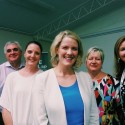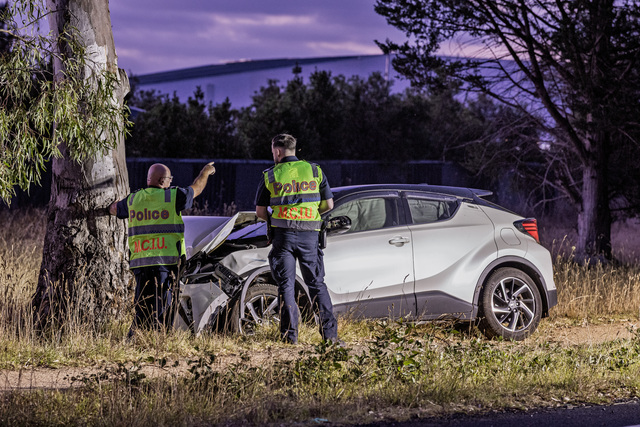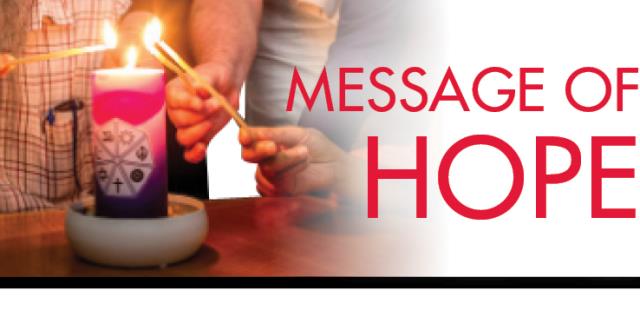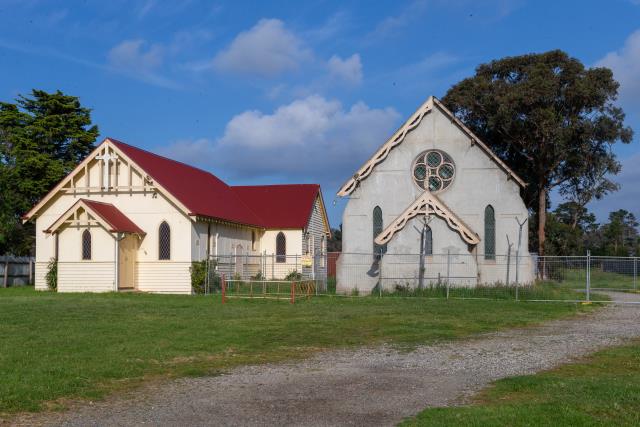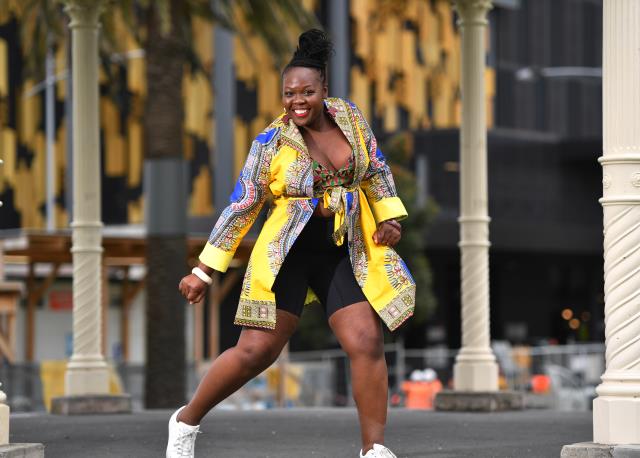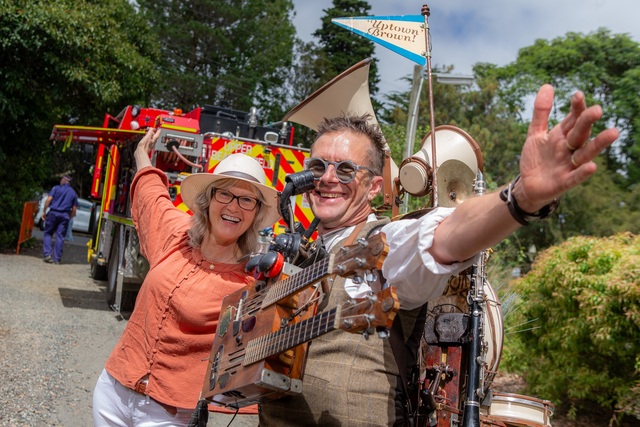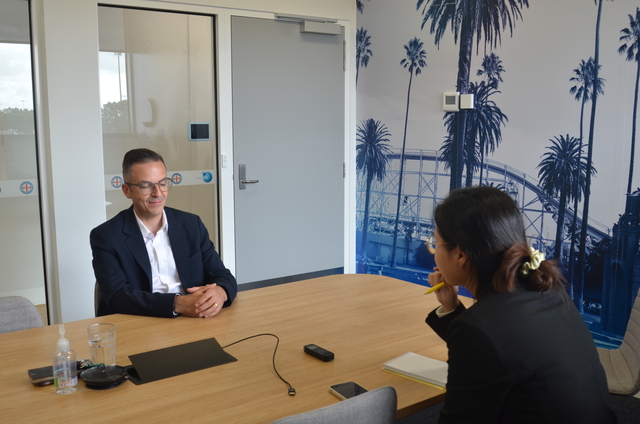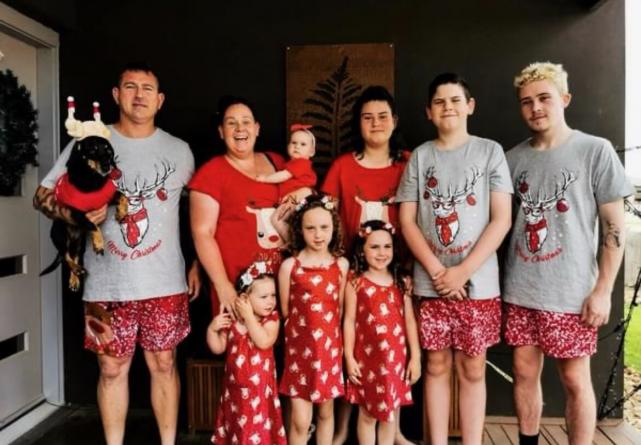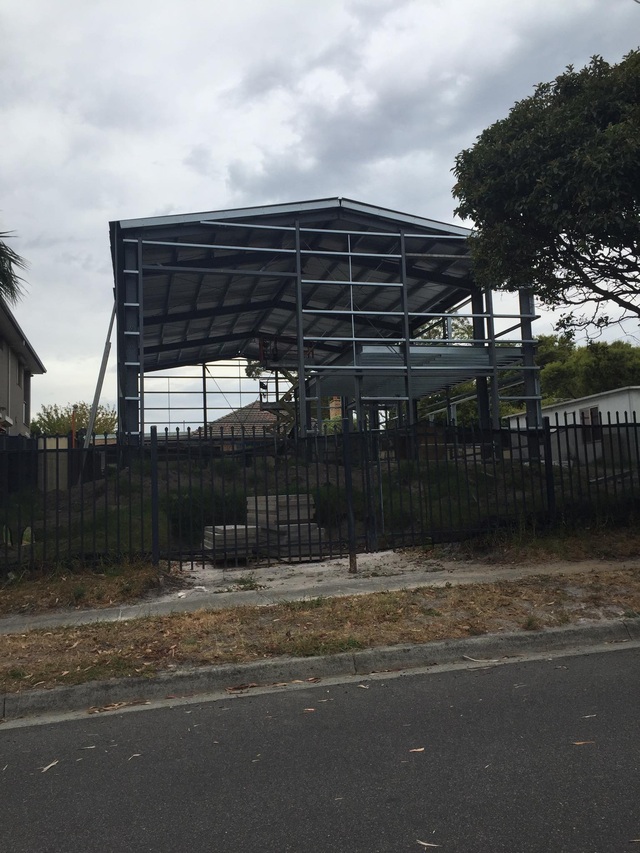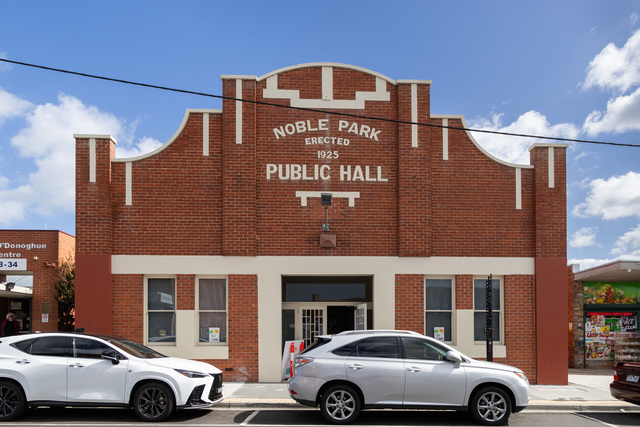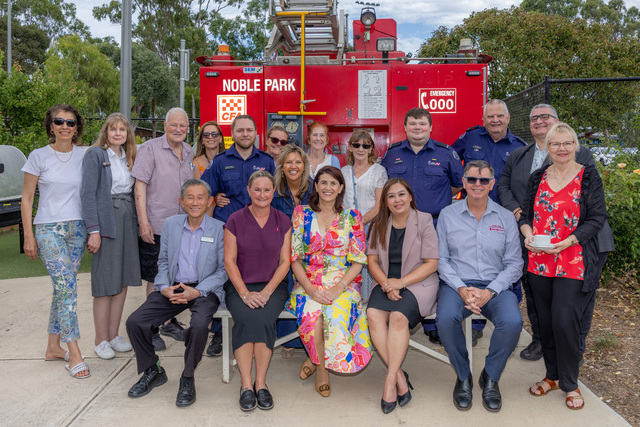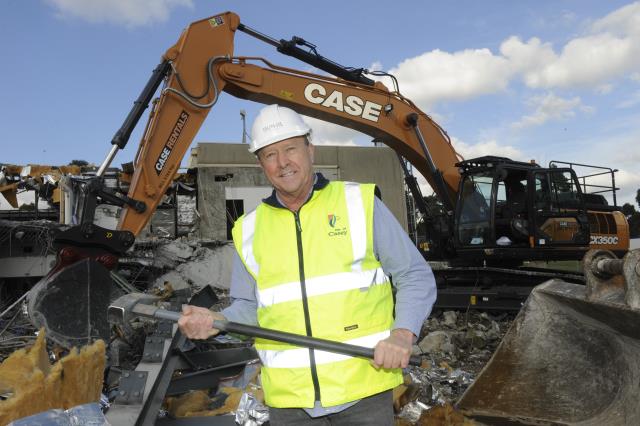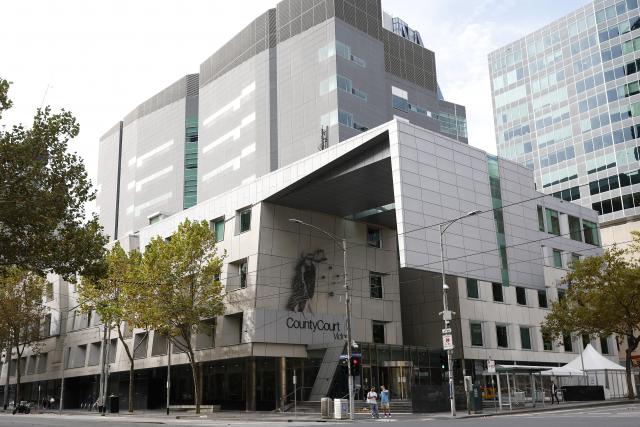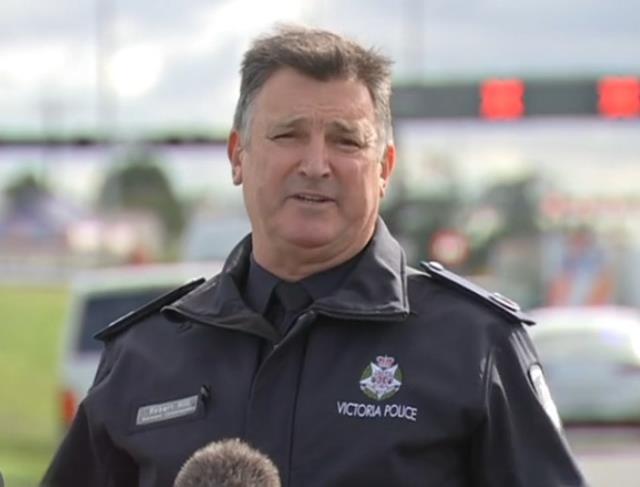By CAM LUCADOU-WELLS
PERHAPS the National Disability Insurance Scheme (NDIS) sounds just too good to be true.
How else to explain the hope-lined anxieties among a 100-strong audience at an NDIS information forum on 8 March?
More than two years until the scheme’s rollout in Melbourne’s south east, NDIS representative Anne Skordus was there to soothe doubts.
Funding would double, and at last people with a disability had more freedom to choose how to spend their funding, she said.
There was “no maximum and no minimum” funding package, NDIS would not affect participants’ disability support pensions and there would be few application forms.
There would no longer be a waiting list for funded equipment such as wheelchairs.
There are possibilities outside the square that weren’t possible in the pre-NDIS era, as demonstrated by a story shared by a father.
He told of getting a group of parents pooling together for a supported share-house for their kids.
Long-suffering families told the forum how under the current system, their funding had “run out” several years too early, and how they’d received precious little respite.
There was a whiff of doubt whether governments would retain a fully-funded NDIS.
How would it help the drastic shortfall of supported accommodation, an audience member asked.
“If we can’t do something to deliver … for your brother and son to be supported without being reliant on mum and dad in their eighties, then we’ve failed and I’m determined not to fail,” Ms Skordus said.
Another attendee asked if incompetent service providers would come in and create a ‘pink batts’ debacle.
The government was still working on accreditation standards and safeguards, Ms Skordus said.
A mum of an autistic son without government support said she was willing to move to an earlier rollout area, out of desperation.
Ms Skordus warned people couldn’t receive packages until they’d lived in a rollout area for 12 months.
Audience member ‘Ramona’ told Star News how her husband had given up work to look after their daughter full-time for the past 27 years. They receive no funding, not even a carer’s pension.
Ramona says her daughter was struck by the rare Dravet Syndrome since being injected with a “triple” vaccine as an infant.
She has severe epilepsy and highly specialised needs requiring 24/7 care.
“The government says it’s your child. You look after her.
“It’s not fair. My question is, will the NDIS pay us as carers and help us with respite?”
Another mum told Star News that her autistic son’s $12,000 early-intervention funding had dried up several years early, even with the family paying for services out of their own pocket.
“Under the NDIS, we should be getting about $12,000 a year – the same amount that we get now for seven (years).”
These families – and the expected more than 105,000 Victorians – still have to wait patiently for the scheme.
In Greater Dandenong, Casey and Cardinia, the NDIS will start rolling out on 1 September 2018. It’s expected to take up to 12 further months for eligible people to enter the scheme.
Federal Labor MP Clare O’Neil, who organised the forum, acknowledged people in the room had waited decades for a better system.
“It’s impossible to conclude (the current system) is a good and a fair system.
“In Australia people with a disability don’t get the resources they need to live an ordinary life.”
She said MPs who wanted to cut the scheme were getting “punished politically”.

